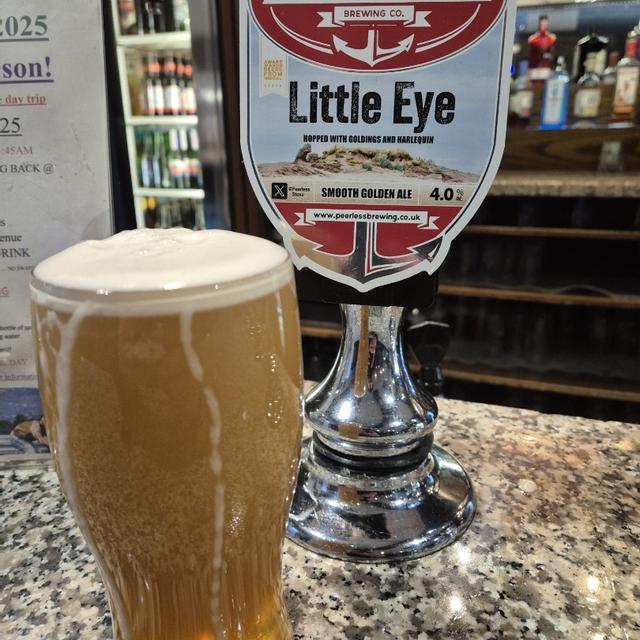An Ankoù
Well-Known Member
If you're British you can sign up. The reason others can't is because it triggers a parliamentary debate.I'm from the British Isles am I allowed to sign up?
I've just come back from a trip home and the only regularly available cask ale in Ireland is in Weaterspoon's pubs.
Which is not really taken good care of by the part-time student bar staff.
It can also be that's just a normal keg connected to a handpump.
Tastes sh!te either way.
Starting at 2.05€ a pint, compared to 5 to 8 € elsewhere, the majority of the patrons who drink it don't seem to mind
Wetherspoons should be nuked in my opinion. Ghastly organisation. Ghastly beer. Ughh.



